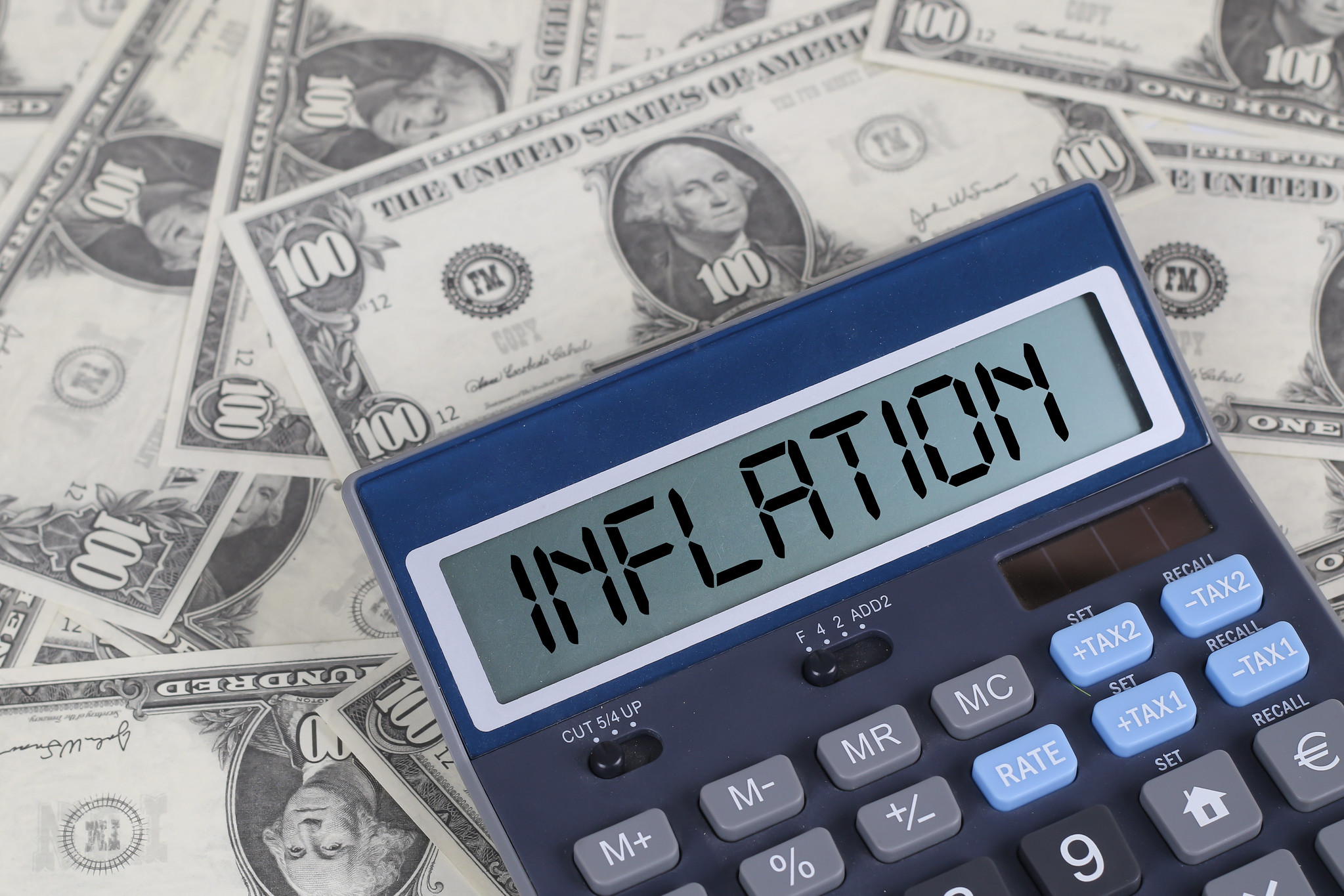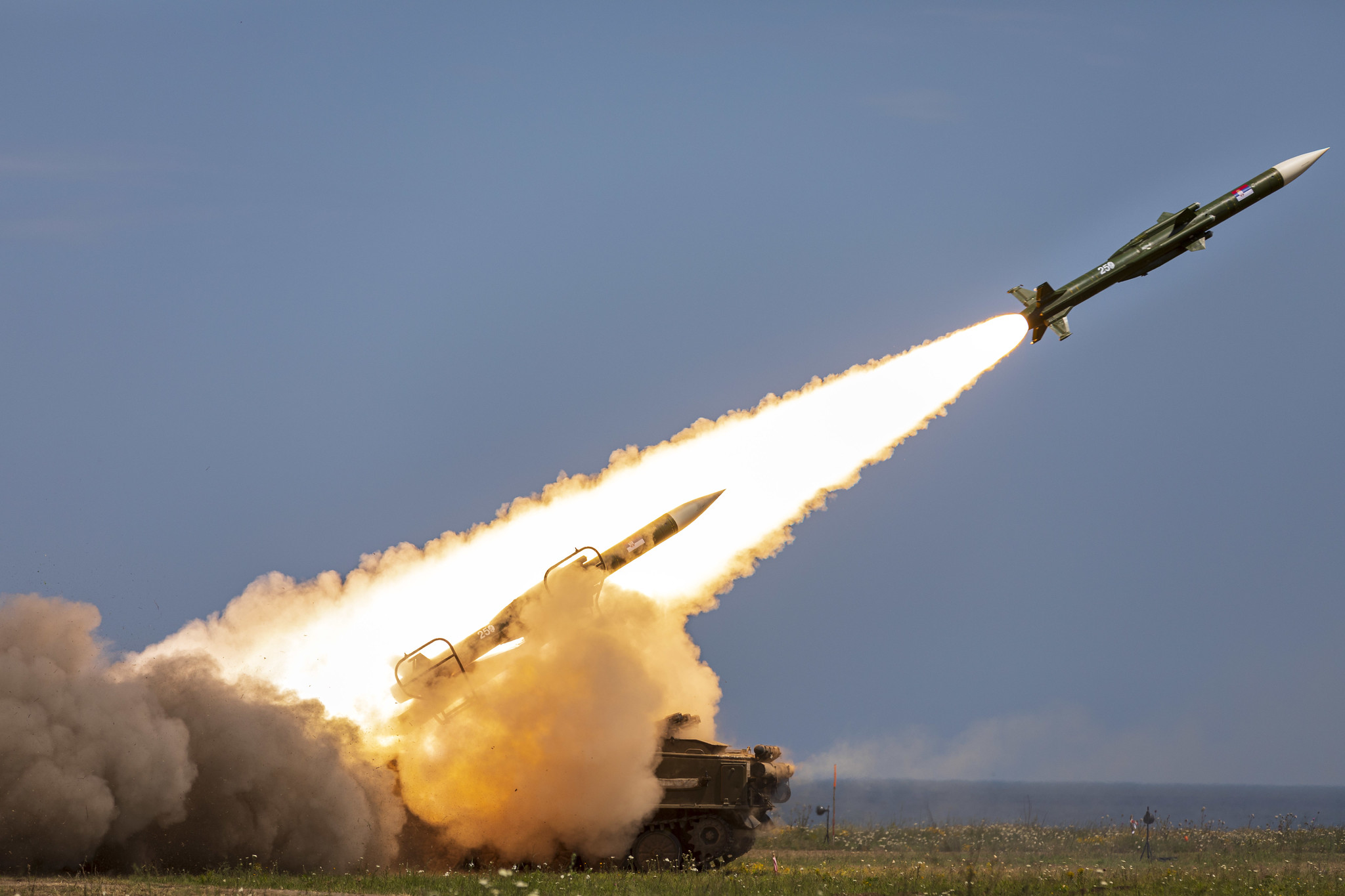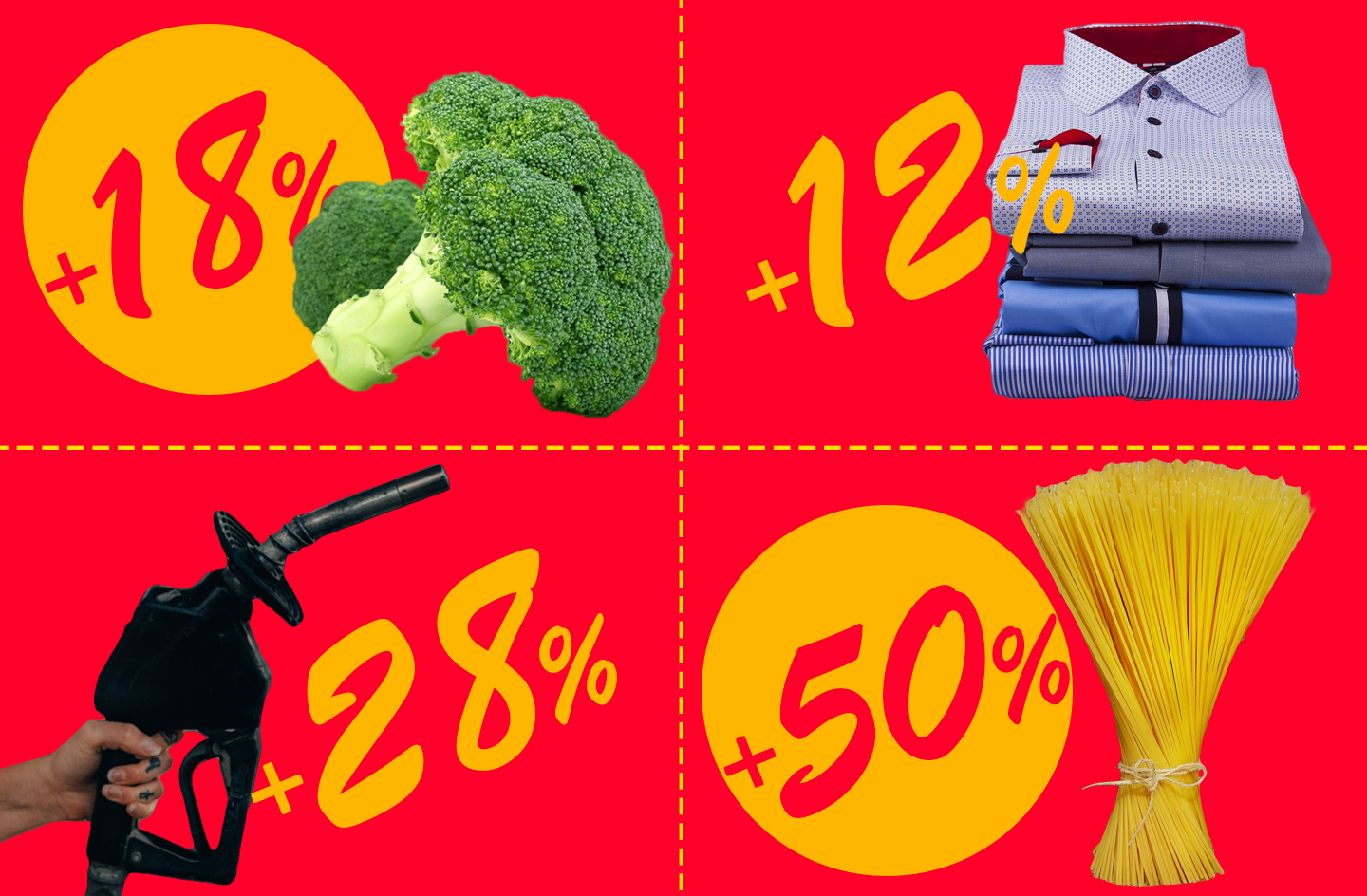As the rate of inflation continues to cut into the living standards of workers, some businesses are posting record profits. Some have pointed the finger at price gouging and the excess profits of big business as the cause. This phenomenon has been dubbed by trade unions and commentators as ‘greedflation’.
Profits have indeed soared in many sectors while the cost of living crisis is continuing to bite. The multinational oil and gas giant ExxonMobil posted record profits in the first quarter this year of over $11 billion, while millions faced the choice of heating or eating.
In 2022, big oil doubled its profits to $219 billion. In the same period, domestic gas prices in the UK increased by 129 percent and electricity prices rose by 67 percent. This plunged 6.7 million homes into fuel poverty – an increase of 4 million since 2020.
Food prices have skyrocketed across Europe. In Germany, food inflation stands at 21.1 percent, while it is 15.8 percent in France. In the UK, prices are 19.1 percent higher than they were one year ago – a 45-year high.
This increase in the basic necessities has led to increased hunger lines in Spain, people being turned away from food banks in Germany, and an unprecedented rise in demand for food charities in the UK.
This increased struggle for millions is occurring whilst the global grain monopolies’ profits have increased to historic highs and ‘excess food’ is being planned to be incinerated.
Right-wing politicians are quick to repeat the mantra that inflation is caused by a ‘wage-price spiral’ – i.e. wages go up, and in response, companies are forced to raise prices to keep up with rising labour costs.
The reality, however, is wages that are desperately trying to keep up with prices and not the other way around. Indeed, a report by Goldman Sachs – hardly a left-wing institution – suggests that rising workers’ pay accounts for less than a third of the growth in inflation, whereas they estimate that 50 percent is accounted for in the additional profits that businesses are making.
Monopolies
 Monopoly capitalism is exacerbating the current inflation crisis / Image: Jernej Furman, Flickr
Monopoly capitalism is exacerbating the current inflation crisis / Image: Jernej Furman, Flickr
It needs to be explained how under a market-based (capitalist) system the phenomenon of ‘greedflation’ can take place at all. It should not be possible for a company to arbitrarily raise prices to increase profits. After all, if this was possible, then why don’t companies do it all the time?
One would think that if a business increased its prices to increase profits, a competitor would undercut the higher price to increase their market share. And, indeed, this would be the case if there was truly ‘free’ competition in the market.
Yet, we live in a period of monopoly capitalism, in which most industries are dominated by a handful of large multinational companies. Lenin explained in his seminal piece Imperialism: The Highest Stage of Capitalism that capitalist competition would lead to monopoly and imperialism. This development, in turn, leads to price fixing and agreements between cartels and monopoly powers, who thereby make superprofits at the expense of the rest of society.
A recent academic report looking at inflation in the US highlighted that one of the main contributors to inflation was the market power (i.e. monopoly position) of businesses. The same report points to implicit agreements between businesses to increase their prices – just as Lenin explained over 100 years ago!
In the turbulent period of capitalism’s decay, the monopolies are using their unique position to great effect to boost profits. Take the price of energy in the wake of the Ukraine war. Between February 2022 and August 2022, wholesale gas prices increased by 267 percent. This led to an immediate increase in bills for households and businesses.
But since then, wholesale prices have fallen back by 77 percent as of February this year. However, energy retailers have failed to pass on the reduced costs to households.
When their costs go up, the monopolies immediately raise prices. When they fall, they use their position to resist the return to lower prices. We see the same thing in other sectors, with fertiliser manufacturers, benefiting from sanctions on Russian exports, seeing a ten-fold increase in profits last year.
As we can see, monopoly capitalism is exacerbating the current inflation crisis. ‘Greedflation’ is certainly a very real phenomenon. Yet it does not fully answer the question of why inflation rates are high now.
Is it all about greed?
Capitalism has been on life support since the 2008 crisis. Over $10 trillion has been pumped into the system by central banks via quantitative easing to overcome the credit crisis and shore up the profits of the banks and big businesses.
The COVID-19 pandemic further propelled governments internationally to step in to shore up demand and prop up businesses. Over $15 trillion has been created in loans and government debts have ballooned.
This injection of huge quantities of money into the economy without a corresponding increase in production had to find an expression in the economy at a certain point. The capitalist class, in attempting to overcome the last crisis, laid the foundations for the present crisis.
 The Ukraine war, and generalised remilitarisation, have also provided another impetus to inflation / Image: GPA Photo Archive, Flickr
The Ukraine war, and generalised remilitarisation, have also provided another impetus to inflation / Image: GPA Photo Archive, Flickr
The war in Ukraine, supply chain chaos, and other factors have also contributed to the increase in inflation. It is not certain how long the war will continue, the effects that this will have on the longer-term export of energy from Russia, and if grain will be allowed to continue to leave via Black Sea ports. This, to a certain degree, has been factored into prices.
Besides disrupting exports of Russian and Ukrainian energy, food and fertilisers, the Ukraine war, and generalised remilitarisation, have also provided another impetus to inflation with the increase in unproductive arms spending. NATO members have pledged to increase their defence budgets by a combined $133 billion. This increase in spending is a burden on the economy and adds to the inflation crisis.
In the past period, ‘just-in-time’ production methods helped push prices down. The shocks of the pandemic and the war on hyper-extended supply chains have led to shortages in industries, giving another impetus to inflation in the world economy.
In the past period, globalisation and the advancement of world trade acted to keep prices down yet now this has begun to unravel. Protectionist measures are increasing internationally. The US has recently introduced the cynically named, Inflation Reduction Act. Far from reducing inflation, the tax cuts and subsidies offered to reshore production to the US act to increase it.
In short, we cannot simply reduce the cause of the current inflation rate to this or that feature of capitalism. Whilst ‘greedflation’ is very real, an explanation purely in terms of greed explains nothing. It suggests that the present situation can be remedied by convincing the capitalists to be ‘less greedy’. But greed and capitalism have always gone hand in hand.
The present inflationary crisis is a symptom of the bankruptcy of the whole system. Profiteering by monopolies, bailouts, imperialist wars, the anarchy of the market, the barriers erected by the nation-state – all play a role in stoking inflation. It is capitalism as a whole that is to blame. To overcome the current crisis we need to overcome capitalism itself.

